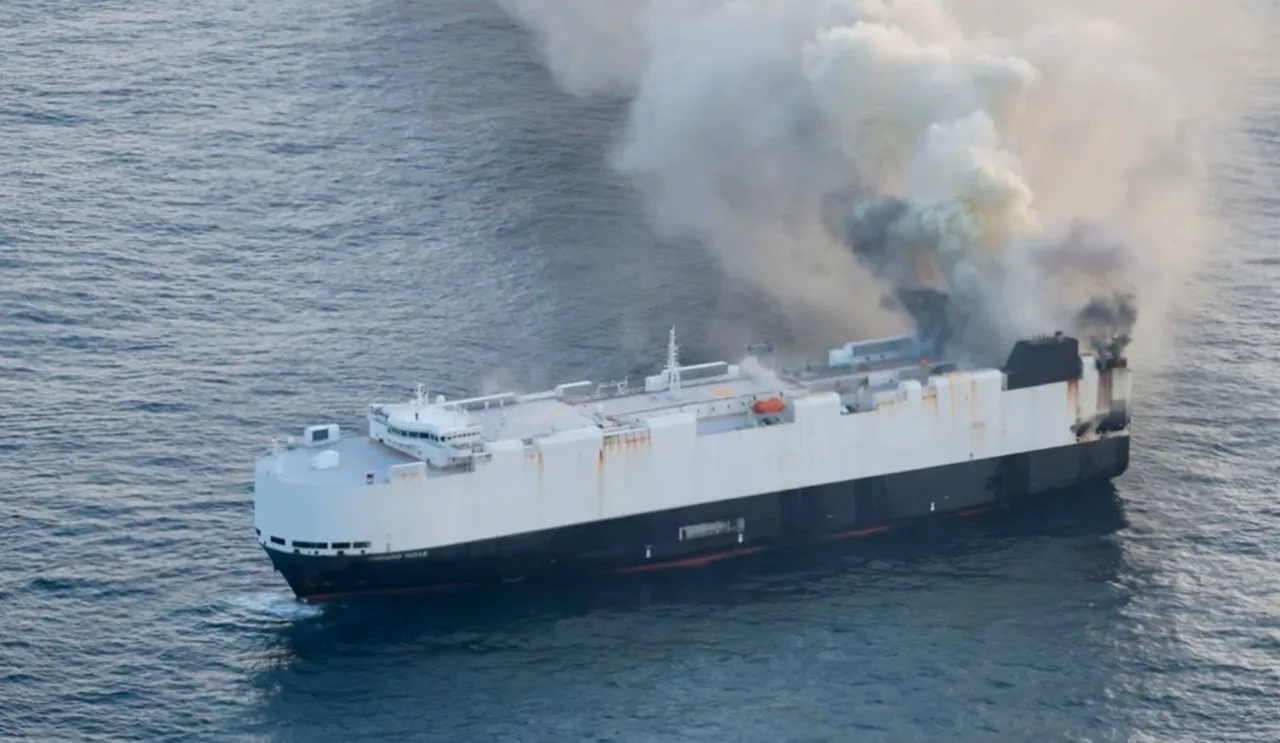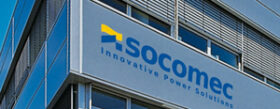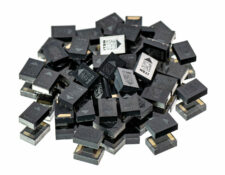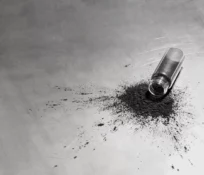First Phosphate, a Canada-based minerals company, said it has a strategic role in the American manufacturing revival in supplying material for lithium-ferro-phosphate (LFP) batteries.
It believes factory automation; grid-scale energy storage and robotics will be vital, as demand for industrial automation is expected to reach USD $307.7 billion in 2030.
According to the company, these applications need LFP, which it claims is more stable and reliable for automation.
The firm, which is based in Quebec, said it is actively building a North American LFP ecosystem.
It believes that the current situation, whereby most LFP is produced in China, will threaten automation processes due to on-going geopolitical tensions.
This includes the recent 125% reciprocal tariffs, as well as the potential for LFP and rare earth minerals export restrictions from China.
The company claims it has strategic advantages that make it well positioned, such as 1000 sq km of igneous phosphate claims it holds in Quebec.
This can apparently support over 350GWh of LFP battery production annually.
The advanced processing of its high-purity phosphate apparently means battery-grade material can be refined without gypsum slag piles.
It also has full vertical integration from mining to processing to LFP cathode active material (CAM) production. This allows the company to have supply traceability, quality control, and security, it claims.
John Passalacqua, CEO, First Phosphate, said: “America stands at the cusp of a manufacturing revival driven by AI, robotics, and energy storage. However, this future hinges on one critical factor: reliable, domestically sourced LFP battery material. First Phosphate reiterates its strategic role in supporting the future of American manufacturing and energy security.”
Image: graphic of automation using LFP batteries. Credit: First Phosphate.












